Fun in Theory (FiT) is a unique educational and outreach event, aimed to spark an interest in theoretical physics.
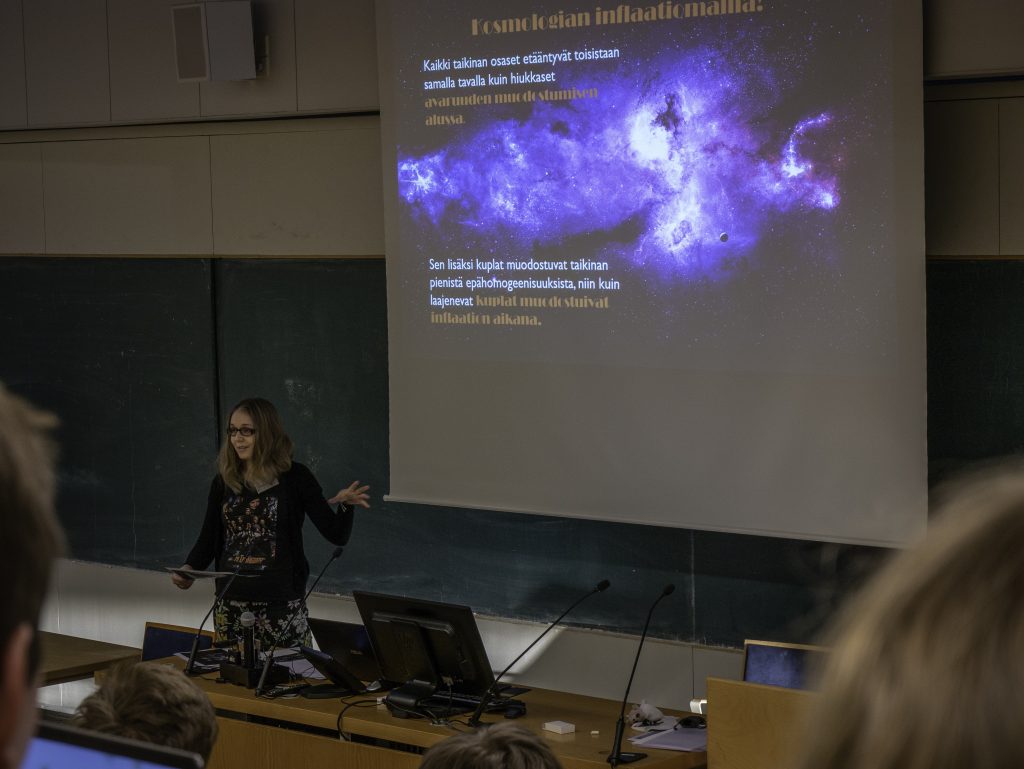
Fun in Theory:
The event has no requirements for previous knowledge in theoretical physics and is designed to:
- Introduce participants to the world of theoretical physics in an understandable and playful way.
- Trigger interest in theoretical physics.
- Improve attitudes toward theoretical physics.
- Connect theoretical physics to other subjects and students’ everyday life.
- Motivate students to be in touch with theoretical physics.
- Be relaxed, fun and mesmerizing experience.
Fun in Theory: The Format
Implementing FiT conceptually relies on 3 aspects, information, application and reflection, straightforwardly leading to:
- A lecture (2 h)
- A social FiT Game (1,5 h)
- Informal chatting with snacks (1-2 h)
Fun in Theory: The Spectrum
Each event has its own theme. Below you can see the examples of “Murder Mystery”, “Superheroes”, “Escape Game”, “Treasure Hunt” and “Quantum Fairytale” themes.
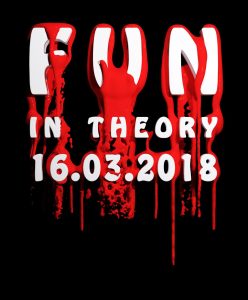
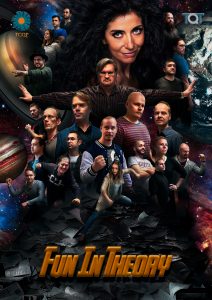
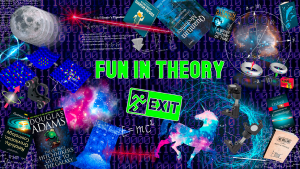
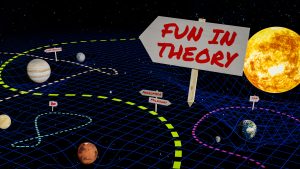
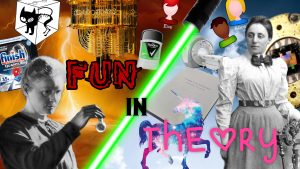
Each FiT is modified in accordance to a theme; each event has its own unique introductory lecture style and FiT game.
Fun in Theory: The Spark
The event implements interest triggering aspects [1], like social interactions, gamification, personal relevance and meaningful engagement, relying on Hidi and Renninger’s interest development theory [2].
[1] Renninger K. A., Bachrach J. E. and Hidi S. E., 2019, Triggering and maintaining interest in early phases of interest development, Learn. Cult. Soc. Interact. 23 100260.
[2] Renninger S. E. and Ann K., 2016, The Power of Interest for Motivation and Engagement, 1st edn (Routledge/Taylor & Francis Group).
Fun in Theory: The Game
In the game, participants team up and compete with each other for FiT prizes. Participants should implement information from the lecture, be creative and work well as a team.
The game is conducted via smaller tasks of different formats, which vary from event to event. Below are some examples:
- a puzzle game
- a virtual game
- solving a problem
- explanatory task
- performative task
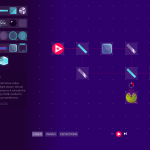
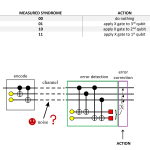
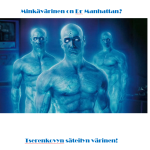

Recent Comments